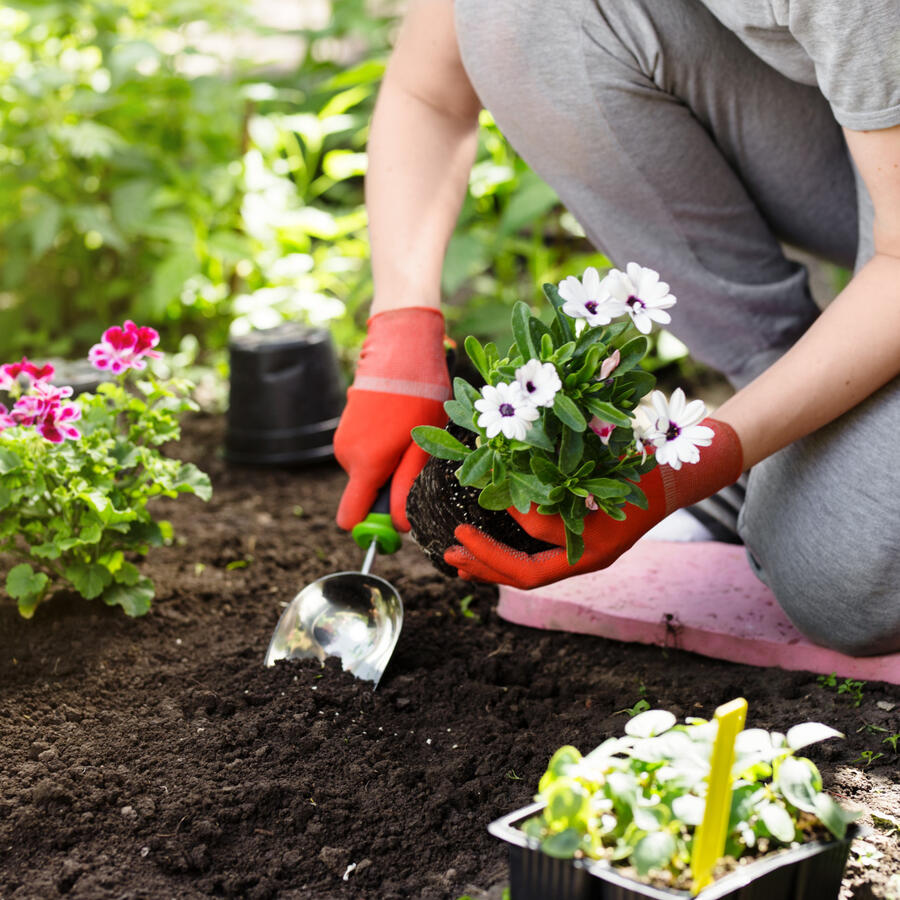
Starting a garden for the first time can seem daunting — that's no secret.
Digging around before digging into the dirt can solve those first-time failure blues easily.
Whether you're a beginner or a seasoned green thumb, avoiding these five gardening mistakes can help you stay away from any failure.
Not planting your garden in a sunny location could be detrimental if you're growing fruits or vegetables. But some perennials thrive in shady areas.
It's a good idea to spend a day or two observing the area of your yard you're wanting to plant the garden in. Take note of how many hours of sunlight it comes in contact with. Write it down if you have to.
After you know the light conditions of your location, it's time to decide what's going to grow there.
Research the season you're in, and what plants grow best in your area. Fruits and vegetables have seasons they grow well in, but so do flowers, bushes, even trees.
Yes, there may be a specific plant you want to grow. If this is the case, and you don't want to budge, then you might have to wait or even choose a new garden area. Plants cannot be made to grow under inadequate conditions.
Watering your plants in the middle of the day is no go. Watering your garden between 4–8 in the morning is ideal.
Over-watering and under-watering are also very possible, common mistakes. Two things to take into account are the climate you live in, and the thing you are planting. Some plants need more water than others.
While a sprinkler system works for some gardens, it could easily overwhelm others. Other options, like a drip irrigation system or even a garden hose, work well depending on what you're growing.
Planting flowers that attract pollinators is a must. Even vegetables need them to grow, and it's your responsibility to get them to your garden.
It's also your responsibility to not plant invasive or harmful species. Be sure to research types of flowers that grow naturally in your area so you don't create harm to your surrounding environment.
Some plants take well to acidic soil. Others need a balanced, alkaline soil to thrive. This is going to vary depending on what you plan to place in your garden.
Be sure to test your soil before using it, and know when (or how) to balance things out if your plants begin to look a little droopy. There are plenty of options for the soil on the market, you just have to decide which is best for you.
Caring for a home garden is a big commitment, but is well worth it in the end. Knowing any common gardening mistakes before beginning is half the battle, and you've already won!
Remember, a proper watering system is the biggest difference between your garden thriving or dying. If you have any questions, or just want to do more research, keep reading our blog or contact us today.